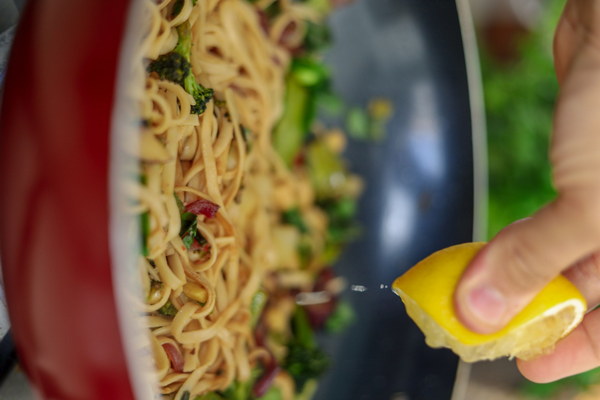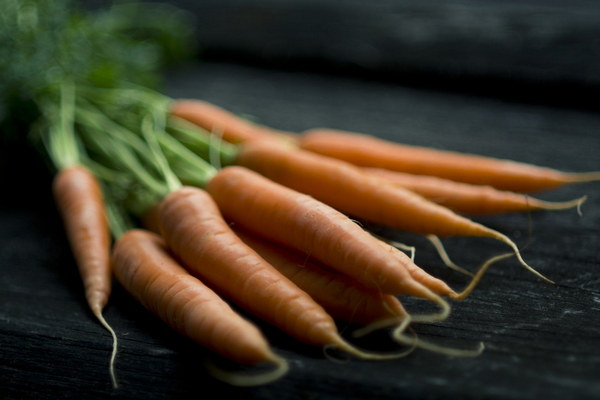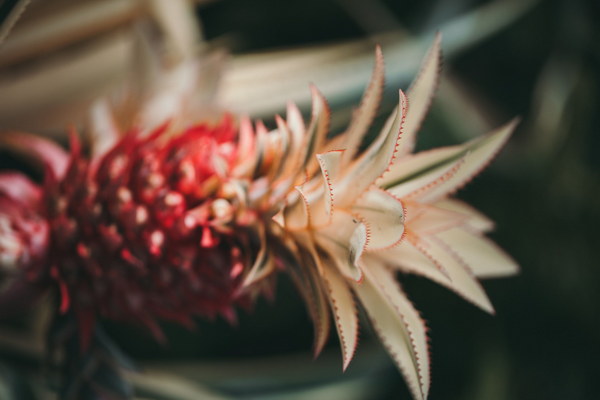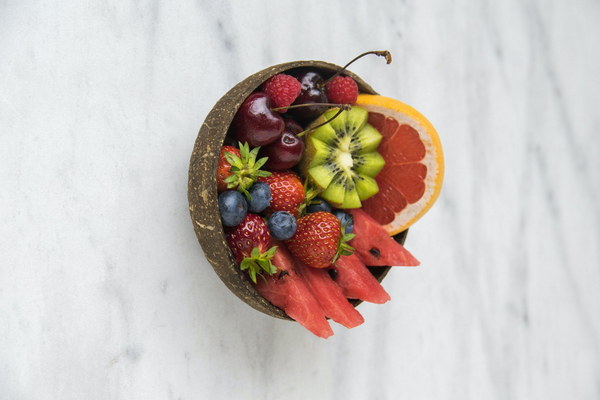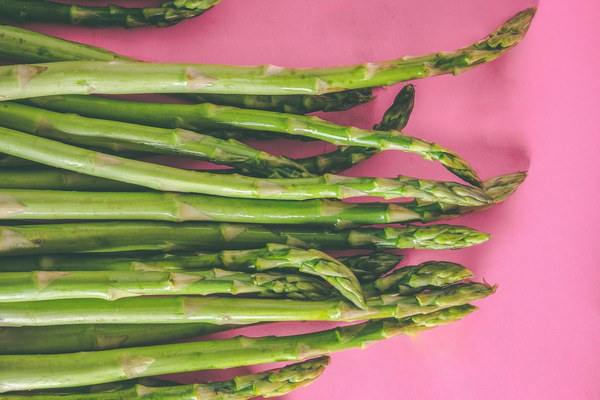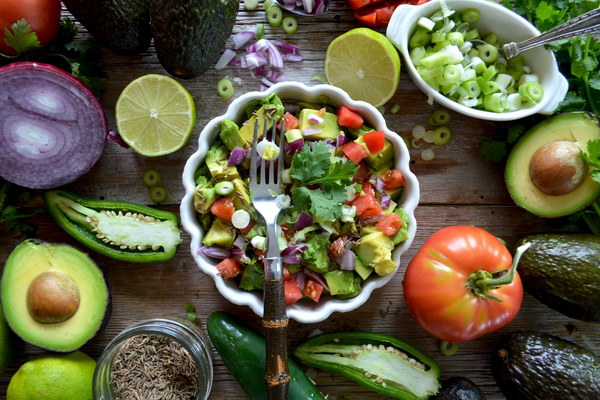Cultivating Kidney Qi in the Winter Solstice Why Cutting Down on Sweetness is Essential
The Winter Solstice, also known as Là Yuè in Chinese, marks the shortest day and longest night of the year. It is a time when nature slows down and people are encouraged to take a step back from their daily routines to restore their energy and balance. One of the ancient Chinese wisdoms for maintaining health during this season is to cut down on sweetness and nourish kidney Qi. This practice is rooted in traditional Chinese medicine and has been passed down through generations. In this article, we will explore the significance of this practice and how it can benefit your health.
Firstly, let's understand what kidney Qi is. Kidney Qi, or Shénjīn in Chinese, is a vital energy that governs growth, development, and reproduction. It also plays a crucial role in maintaining our physical and mental well-being. According to traditional Chinese medicine, kidney Qi is most vulnerable during the winter season, as it corresponds to the kidney organ system. Hence, it is essential to protect and nourish it during this time.
One of the reasons why we should cut down on sweetness during the Winter Solstice is that excessive consumption of sweet foods can deplete kidney Qi. Sweetness is associated with the spleen and stomach in Chinese medicine, and overindulgence in sweet foods can lead to an imbalance in these organs. This imbalance can result in various health issues, such as fatigue, weakness, and water retention.
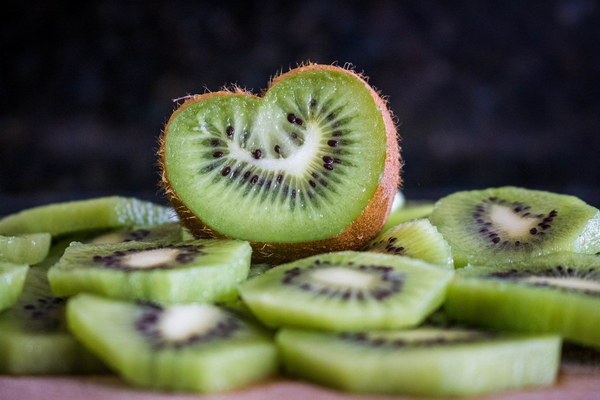
Moreover, the Winter Solstice is a time when the body's metabolism slows down, and the body tends to store more fat and energy. Consuming excessive amounts of sweet, high-energy foods can exacerbate this situation, leading to weight gain and other health problems. By reducing the intake of sweet foods, we can help maintain a balanced metabolism and support our kidney Qi.
So, what should you eat during the Winter Solstice to nourish your kidney Qi? Here are some tips:
1. Embrace warm, nourishing foods: Incorporate foods like root vegetables (carrots, beets, sweet potatoes), nuts, and seeds into your diet. These foods are rich in nutrients and can help warm your body and support kidney Qi.
2. Choose healthy fats: Foods like avocados, coconut oil, and fish are excellent sources of healthy fats, which can help protect and nourish your kidney Qi.
3. Consume kidney-friendly foods: Foods like kidney beans, black beans, and black sesame seeds are believed to be beneficial for kidney health. Incorporate these into your diet to support kidney Qi.
4. Limit processed and sugary foods: Reduce your intake of processed and sugary foods, as they can deplete kidney Qi and contribute to an imbalanced diet.
5. Stay hydrated: Drink plenty of warm fluids, such as herbal teas or warm water with lemon, to stay hydrated and support kidney function.
In addition to dietary changes, practicing gentle exercises like tai chi, qigong, or yoga can also help nourish kidney Qi during the Winter Solstice. These exercises promote blood circulation, improve flexibility, and reduce stress, which is beneficial for overall health and well-being.
In conclusion, following the ancient Chinese wisdom of cutting down on sweetness and nourishing kidney Qi during the Winter Solstice can have numerous health benefits. By making conscious dietary choices and incorporating gentle exercises into your routine, you can support your kidney health, enhance your well-being, and embrace the beauty of this magical time of the year.

